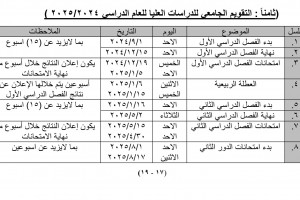
The master's thesis in the Pharmaceutical Chemistry Department of the College of Pharmacy at the University of Basrah examined (studying the effect of vitamin D on uric acid levels in a model of rats with hyperuricemia caused by potassium oxonate) by student Heba Abdel-Razzaq Abdel-Wahhab.
This study aimed to investigate the relationship between elevated vitamin D levels and uric acid levels in a rat model of hyperuricemia induced by potassium oxonate injection.
The methodology of this study included examining the effect of vitamin D3 on serum uric acid in rats with potassium oxonate-induced hyperuricemia. The animal study (rats) were randomly divided into four groups (n = 6) where potassium oxonate (a uricase inhibitor) was injected intraperitoneally at a dose of 250 mg/kg to rats of groups (A-D-Z) twice a week. A was fed with food and water without treatment and served as a normal control group and group B was orally injected with 0.5 ml of olive oil (solvent) once a week and served as a negative control group. The animals of group (D) received vitamin D3 at a dose (715 IU/kg) orally and once a week as a treated control group. The mice of group (Z) were treated orally with a standard drug (Allopurinol) (5 mg/kg) daily.
This study concluded that uric acid levels in the blood are positively correlated with vitamin D levels.

.jpeg)








